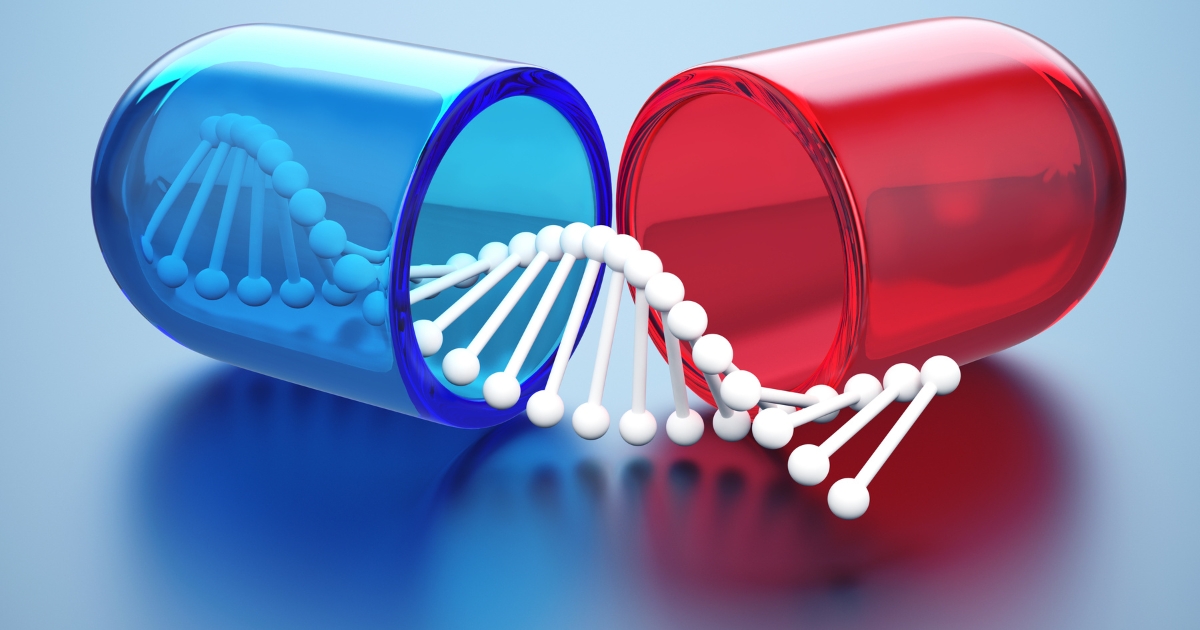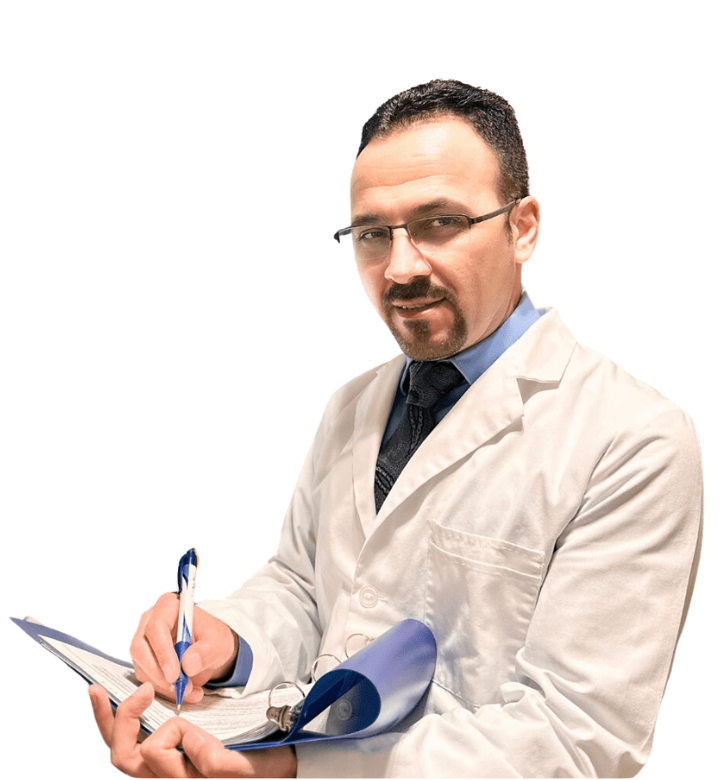Human genetic composition is unique and their responses to treatments vary greatly. This makes traditional ‘one size fit for all’ treatment plans ineffective for many patients. Precision medicine allows medical practitioners to obtain genetic information to analyze the best treatment plan for particular patients. It also helps to create susceptibility profiles of patients to provide preventive treatments.
However, there are some limitations of precision medicine on the basis of social, ethical and legal problems. The following blog aims to highlight some of the important issues concerning the practice of precision medicine.
Intellectual Property Rights and Legal Regulatory Frameworks
Researchers with an initial idea retain the right to develop and practice it first. This is known as intellectual property rights including copyrights, patents, and trademarks. These exclusive rights create legal issues while dealing with genetic technology. Some experts are of the opinion that patenting DNA sequencing hinders genetic technological development and slows down healthcare development.
Additionally, scientists are concerned regarding the current standard of genetic testing and research that is considered unfit to use in precision medicine. The genetic testing methods need to be high and standard to ensure reliability with accurate genetic information.
Issues Related to Patients’ Privacy and Confidentiality
Obtaining genetic information for the purpose of personalized treatment involves several ethical issues which might lead to detrimental effects on the patients as well as for the family members.
First of all, acquiring genetic information for the treatment of a particular disease might reveal some other life threatening diseases. This might be fruitful to develop a predictability profile but if there are no preventable or curable measures for the future disease then it can create serious psychological trauma for the patients as well as for the patient’s family.
For instance, if genetic information reveals that a person is susceptible to unpreventable cancer within ten years down the line then, it will obviously create a huge psychological impact on the patients. This is a concern as far as medical ethics is concerned.
Secondly, there is a possibility of faulty genetic analysis and diagnosis of a false medical condition. This will not only lead to psychological stress but also lead to serious medical issues if treatments are carried on in the line of false diagnosis. This type of medical blunders pose serious ethical consequences. However, Pharmacogenomic testing and consultation services are the latest development in the realm of precision medicine that showed significant positive results.
Thirdly, it is also of concern for the family members of the patients. Genetic diseases run in the family as they are heritable. Genetic information of patients can disclose all the diseases that a family is susceptible to. Now it is the matter of the patient whether they want to reveal any genetic information to the family members or not. Family members might face the same psychological pressure like the patients. On the other hand, if the susceptibility profile reveals something which is preventable or early detection is curable then family members should be informed. Keeping information from the family members might also create ethical issues. These ethical dilemmas are making precision medicine challenging more and more.
Lastly, there is concern for information leakage and stigmatization of the patients. Many insurance companies might take advantage of this information to not provide medical insurance on the ground of certain genetic diseases. On the other hand, patients might face employment issues as many organizations do not provide jobs based on health issues.
Creating Market for Precision Medicine
The main challenge of providing personalized medicine is creating a market for drugs and other treatment equipment that is suitable for a small number of people. This approach is not lucrative for pharmaceutical companies and they require a certain level of incentives. It also involves the risk of agreement between public authorities and the companies to share revenue.
Endnote
Precision medicine is an important development revolutionizing medical science. With the help of genetic information physicians are able to make accurate diagnosis, treatment plans and future predictions for individual patients. However, precision medicine entails a lot of challenges at multiple levels. From accurate data analysis to making treatment options viable through the market, every step involves both ethical and economic implications. Pharmacogenomic testing is one of the most reliable options in the market that has shown significant positive outcomes.


